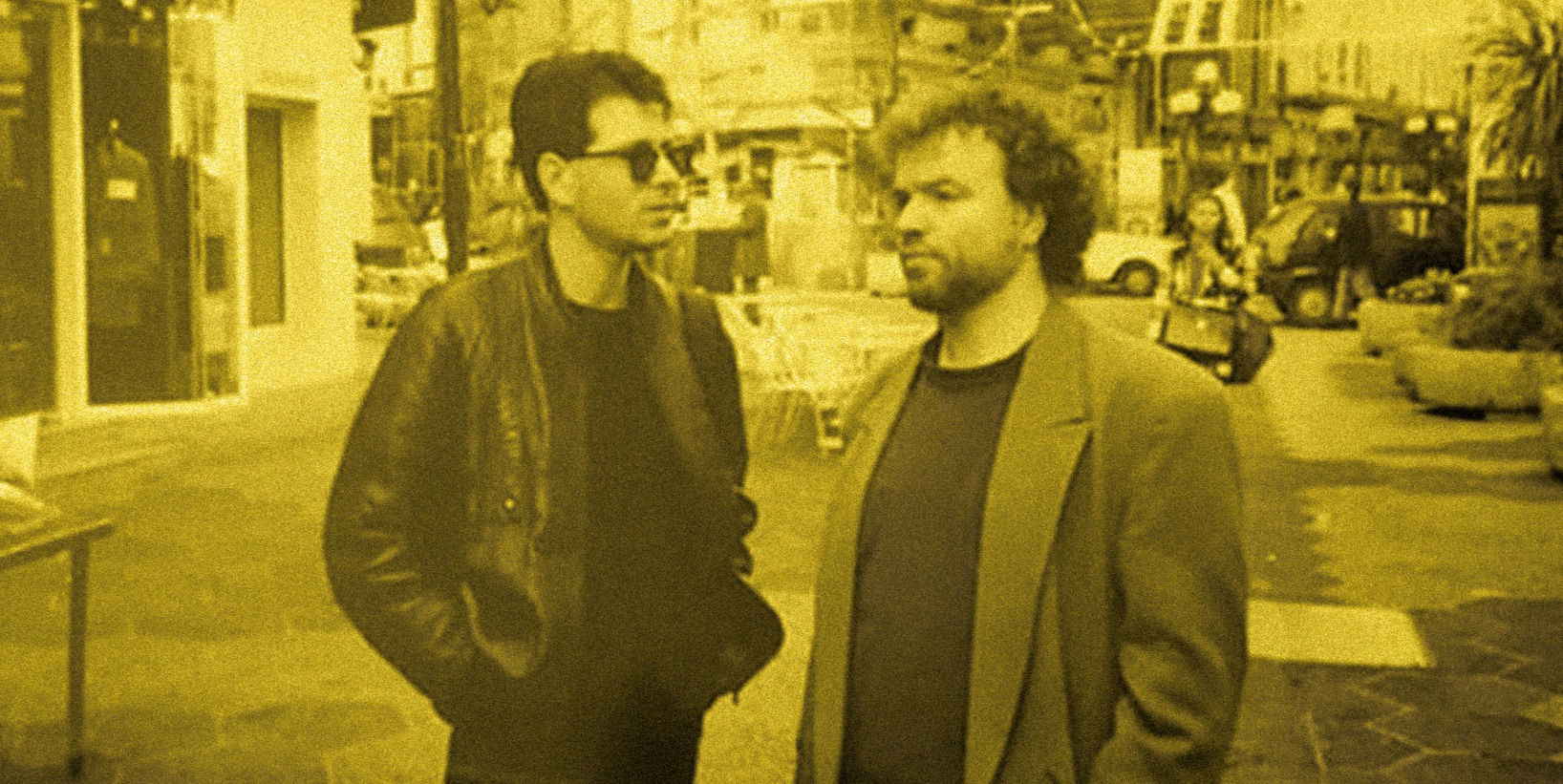
MKS
MKS
Michael Kalisky Schutz
APOCALYPSE
COVID ERA
'APOCALYPSE' a tribute to Arik Rudich
By MKS
Arik Rudich is one of my heroes. His magical instrumental music was and still is outstanding. From what I've learned, he had a tumultuous life. When making this cover version, I've tried to pour in a kind of a storm into this marvellous piece of music that was originally composed by Arik . I wish he was able to hear it.
Enjoy it, Michael.
'Apocalypse' | The Voice of Peace
In memory of Arik Rudich January 1954 - February 2019
Photo: Dror Kalisky / Nice, France 1990
Arik Rudich
'Apocalypse' - 'Acharit' | 1980
The original track.
About Arik Rudich
By Tomer Karib, Teder
Few instruments have changed the world of music as drastically as the synthesizer. Its invention sparked the close bond between music and technology, revolutionising the way in which music is created and produced. In honour of the first international synthesizer day (appropriately taking place on 23rd May, Bob Mog's birthday), Tomer Kariv has decided to share the fascinating story of Arik Rudich – renowned Israeli pioneer of synth.
Like most of his contemporaries who worked in music, Arik Rudich's story began in a military band where he served as a keyboardist for the Nahal Troupe. Soon after, he went to study in the U.S. where he was exposed to the disco revolution. Upon his return in the late 1970's, he brought disco funk back to Israel, simultaneously falling in love with Electronic music. Rudich grew obsessed with the sound of the Synthesizer embodied by the free-flowing textures of Brian Eno.
If you listen to them today, the first singles that Rudich released sound like ground-breaking pieces. The truth is that at the time they left little impression. In 1981, Rudich released the first Israeli abstract synth album Sattalla. Arik Rudich and his synthesizers were the futuristic sound of the 80's in Israel. During a stormy musical period, Rudich's unique sound was the beacon that guided Israeli music through the turmoil. His music shaped Israeli Pop, leaving a lasting impression on the generations that followed. Until today, when hearing polished pop productions in Israel, from Ethnics to Rio, one can hear those space-like synths of 'Sattalla' that gently rest in the background.
Read the full article at Teder
